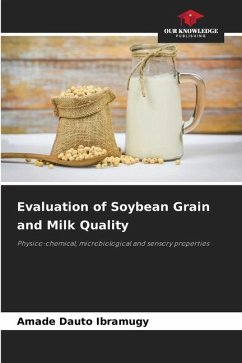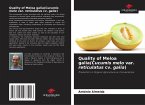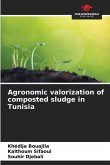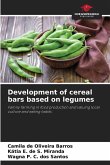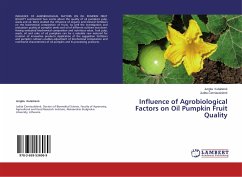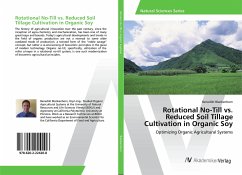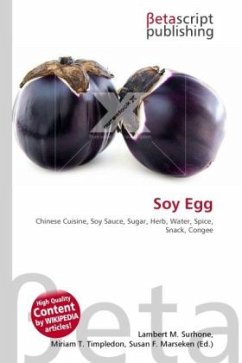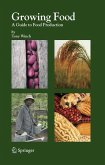Soya is one of the most widely grown plants in the world and is a good source of proteins and amino acids of high biological value. On average, the composition of soya is 40% protein, 20% lipids (oil), 5% minerals and 34% carbohydrates. Among foods of plant origin, soy stands out not only for its quantity, but also for the quality of its nutrients, as well as the presence of isoflavonoids, oligosaccharides and fibers, classifying it as a functional food. The use of soy as a functional food has expanded in recent years, especially in developed countries. Combined with the growing concern for a healthy diet, soy occupies a prominent place on the list of preferences of an increasing number of consumers.This work was carried out as a contribution to the soybean production sector and aimed to evaluate the quality of soybeans and soy milk (soy extract) on a laboratory scale.

